Market Trends
Key Emerging Trends in the Natural Antimicrobials Market
The natural antimicrobials market has witnessed significant trends in recent years, reflecting a growing awareness of health and wellness, a shift towards clean label products, and increasing concerns about food safety. One prominent trend is the rising demand for natural antimicrobials as alternatives to synthetic preservatives in the food and beverage industry. Consumers are becoming more discerning about the ingredients in their food, leading to a preference for products with natural and recognizable antimicrobial agents. This trend aligns with the broader movement towards clean and transparent labels, as consumers seek products perceived as more wholesome and minimally processed. Furthermore, the natural antimicrobials market has seen an increasing focus on plant-based sources. Plant extracts and essential oils with inherent antimicrobial properties, such as oregano, thyme, and rosemary, are gaining popularity as natural preservatives. This aligns with the consumer preference for plant-derived ingredients, driven by a desire for sustainable and environmentally friendly solutions. The use of plant-based natural antimicrobials also addresses the demand for clean and simple labels, contributing to the overall clean label trend within the food industry. On the health and wellness front, there is a growing trend of incorporating natural antimicrobials in functional foods and dietary supplements. As consumers become more proactive about their health, the demand for products that offer additional health benefits, beyond basic nutrition, has increased. Natural antimicrobials, known for their potential health-promoting properties, are being integrated into a variety of functional foods and supplements, further driving market growth. Additionally, the natural antimicrobials market has responded to the rising concerns about antibiotic resistance. With the overuse of antibiotics in both human and animal healthcare contributing to a global health crisis, there is a heightened awareness of the importance of finding alternative antimicrobial solutions. Natural antimicrobials, with their diverse modes of action and lower risk of contributing to antibiotic resistance, are gaining attention as viable alternatives in various applications, including food preservation and healthcare. Global economic factors, including the impact of the COVID-19 pandemic, have influenced trends within the natural antimicrobials market. The pandemic has underscored the importance of hygiene and safety, leading to increased interest in antimicrobial solutions across various industries. As consumers prioritize products that offer additional protection against microbial threats, the natural antimicrobials market has experienced heightened demand in sectors such as personal care products, household disinfectants, and medical applications. Moreover, the natural antimicrobials market has witnessed a surge in innovation with the development of new and improved formulations. Manufacturers are investing in research and development to enhance the effectiveness, stability, and versatility of natural antimicrobial products. This trend reflects the industry's commitment to providing reliable and efficient solutions that meet the evolving needs of diverse applications. On the regulatory front, there is a growing emphasis on establishing clear guidelines and standards for the use of natural antimicrobials in different industries. Regulatory bodies are working to ensure the safety and efficacy of these products while providing a framework that fosters innovation and market growth. Standardization and certification processes play a crucial role in building consumer trust and facilitating the adoption of natural antimicrobials on a broader scale. In terms of distribution, the natural antimicrobials market has adapted to the changing retail landscape, with increased availability in both traditional stores and online platforms. The rise of e-commerce has provided consumers with convenient access to a wide range of natural antimicrobial products, including specialty and niche options. The ease of online purchasing and the ability to explore and compare different products contribute to the market's expansion beyond traditional retail channels.


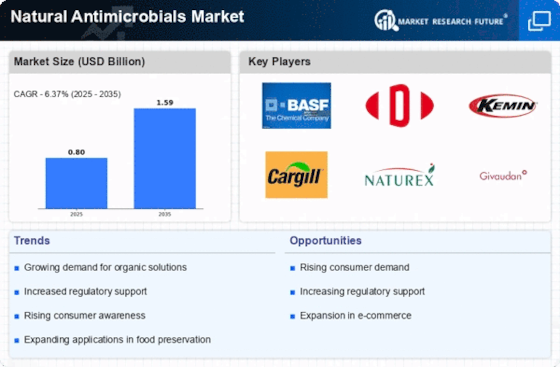

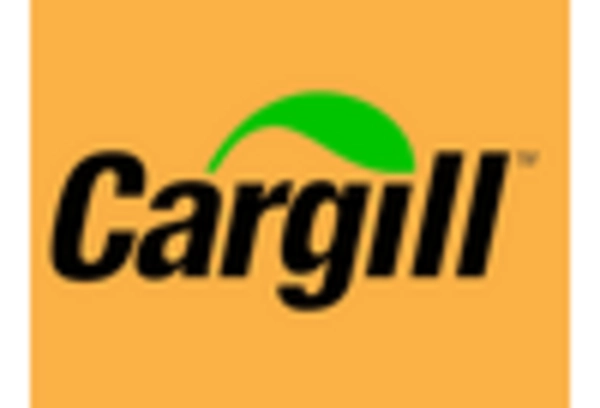

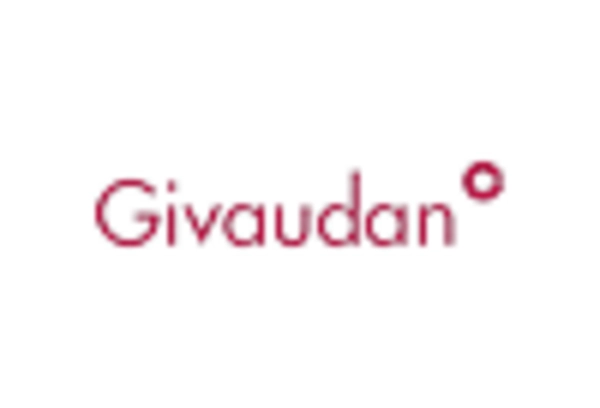
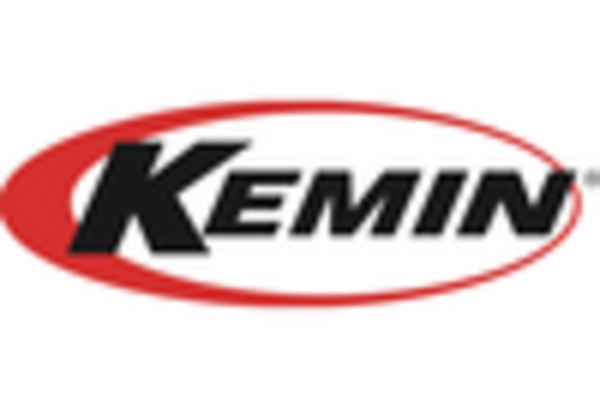
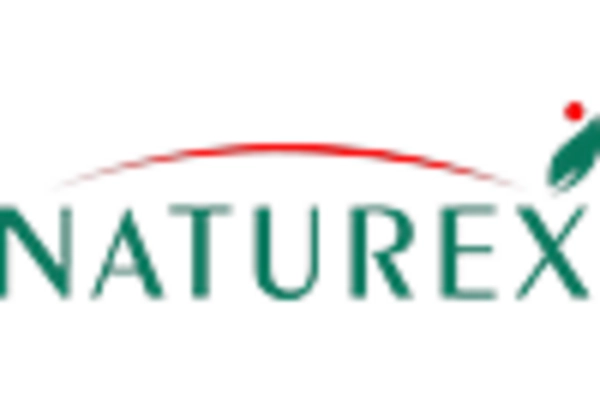









Leave a Comment